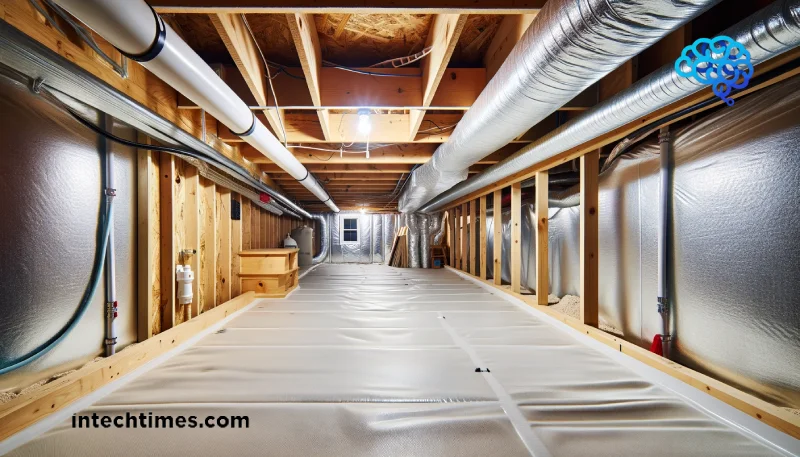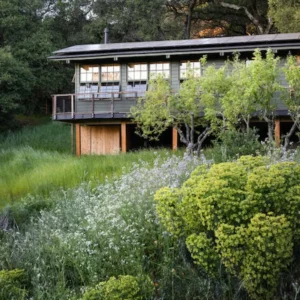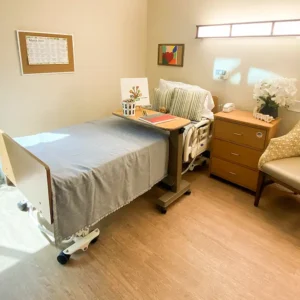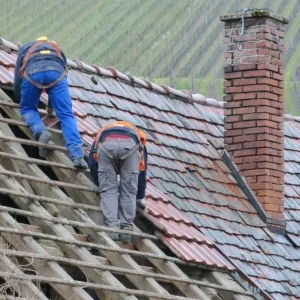In the picturesque foothills of North Georgia, Cherokee County’s residents enjoy a serene environment, but the local climate presents unique challenges, especially concerning crawl spaces. The area is characterized by hot, humid summers and cool, wet winters, making crawl space waterproofing vital for preserving home integrity and indoor air quality.
This comprehensive article will delve into the importance of crawl space waterproofing in Cherokee County, highlighting common moisture-related issues and the benefits of safeguarding your home from them.
Understanding Crawl Space Challenges in Cherokee County
Common Issues in Crawl Spaces
- Moisture Damage: The main concern in crawl spaces is moisture infiltration, leading to damage in wooden structures like floor joists and support beams. Moisture can cause these critical components to weaken or rot over time.
- Mold and Mildew: Excess moisture creates an ideal environment for mold and mildew growth, which can damage the home’s structure and lead to indoor air quality problems and health issues.
- Pest Infestations: Damp crawl spaces attract pests like termites, rodents, and insects, potentially causing further damage to the home.
- Structural Damage: Moisture can weaken structural supports, leading to issues like sagging or uneven floors, indicating serious structural concerns.
Environmental Factors Contributing to Issues
- The climate of Cherokee County contributes significantly to these issues. The combination of hot, humid weather and rainy conditions exacerbates moisture problems in crawl spaces, necessitating effective waterproofing solutions.
Innovative Waterproofing Techniques and Solutions
In Cherokee County, effective crawl space waterproofing involves several innovative techniques and solutions, tailored to address the local climate and environmental conditions.
Here’s a comprehensive overview of these methods:
- Vapor Barrier Installation: A crucial step in waterproofing is installing a high-quality vapor barrier on the crawl space floor and walls. This barrier, made of plastic or foil, prevents moisture from seeping in from the ground.
- French Drain System: French drains in the crawl space help redirect water away from the foundation. These drains, consisting of a perforated pipe surrounded by gravel or crushed stone, allow water to flow away from the area.
- Sump Pump Installation: Sump pumps remove excess water from the crawl space, collecting it in a pit and pumping it away from the house, keeping the area dry.
- Crawl Space Encapsulation: This method involves sealing the entire crawl space with a moisture barrier, including the floor, walls, and support pillars, effectively isolating it from moisture and external air.
- Foundation Vents Sealing: Sealing crawl space vents can prevent moisture entry. In some cases, traditional vents might be replaced with specialized covers designed to keep moisture out.
- Dehumidification: Installing a dehumidifier in the crawl space helps maintain low humidity levels, reducing the risk of mold and mildew growth.
- Proper Drainage: Ensuring that the area around your home slopes away from the foundation can prevent rainwater from pooling around the crawl space.
- Gutter Maintenance: Keeping gutters and downspouts clean and well-maintained ensures effective channeling of rainwater away from the home’s foundation.
- Insulation: Insulating the crawl space can regulate temperature and reduce moisture buildup. However, this should be done after addressing any moisture issues to avoid trapping moisture inside.
- Regular Inspection and Maintenance: Routine inspections help identify and address issues early, including signs of water intrusion, mold, or pest infestations.
Considering the local environment and the issues prevalent in Cherokee County, these waterproofing methods are not just beneficial but necessary for maintaining the structural integrity and health of your home.
May You Like Also: Analysis of Limestone Commercial Real Estate Houston Reviews, Success Stories, and Client Insights
Cost Analysis and Budgeting for Waterproofing Projects
When considering crawl space waterproofing in Cherokee County, understanding the costs and budgeting is crucial. The costs vary based on the crawl space size, the extent of damage, and the chosen waterproofing solutions. Generally, waterproofing can range from a few hundred to several thousand dollars. It’s essential to view this as an investment in your home’s health and long-term value.
Budgeting Components
- Waterproofing Solution: The majority of your budget will likely go towards the waterproofing solution you choose, like encapsulation or drainage systems.
- Labor Costs: Costs for professional services can vary, so getting quotes from reputable companies is advisable.
- Materials and Equipment: Specific materials like vapor barriers and equipment like sump pumps are also part of the budget.
- Repairs: If your crawl space has pre-existing damage, budget for necessary repairs.
- Permits and Inspections: Depending on local regulations, you might need to factor in permits and inspection fees.
Financing Options
Many waterproofing companies offer payment plans. Home improvement loans or lines of credit are also viable options to finance the project.
Return on Investment
Waterproofing not only protects your home but can increase its value. It can lead to lower energy bills and a healthier living environment, making it a beneficial long-term investment.
Choosing the Right Waterproofing Service Providers
Selecting a professional waterproofing company in Cherokee County is akin to choosing a superhero for your crawl space. It’s a specialized task that requires the right expertise, particularly to address the unique challenges of the county’s climate and geographical conditions.
Here’s how you can select the best waterproofing service:
Finding the Right Company
- Do Your Research: Treat it like online dating for home improvement. Ask questions, gather multiple quotes, and check references.
- Assess Expertise and Tools: Look for a company that has the right tools, materials, and local knowledge specific to Cherokee County’s needs.
- Peace of Mind: The ultimate benefit of hiring professionals is the assurance that the job will be done right.
Maintaining a Dry Crawl Space: The Art of Staying High and Dry
Once your crawl space is waterproofed, maintaining its dryness is crucial. Think of it as caring for an essential, albeit hidden, part of your home.
Preventing Future Water Issues
- Regular Check-Ins: Periodically inspect your crawl space for any signs of water intrusion, like damp spots or new cracks.
- Keep Gutters Clean: Gutters and downspouts are your first defense against rainwater, so they should be kept clean and free of debris.
- Ensure Proper Sloping: The ground around your home should slope away from the foundation to divert water effectively.
Routine Maintenance
- Inspect for Leaks: Regularly check your plumbing for leaks to prevent moisture buildup.
- Weather Stripping: Ensure that the weather stripping on crawl space access doors is in good condition.
- Ventilate Wisely: Manage ventilation in your crawl space, opening vents during dry seasons and closing them when it’s wet.
Professional Check-Ups
Consider annual inspections by your waterproofing company to ensure everything remains in optimal condition and to address potential issues early.
Conclusion
Crawl space waterproofing in Cherokee County is essential for maintaining your home’s structural integrity and ensuring a healthy living environment. By understanding the local challenges and implementing effective waterproofing techniques, homeowners can protect their properties from moisture damage, mold growth, and pest infestations.
Whether you choose professional services or undertake some aspects of waterproofing yourself, regular maintenance and vigilance are key to preserving the efficacy of these solutions. Embrace these practices as an investment in your home’s longevity and value, safeguarding your space against the unique environmental conditions of Cherokee County.




